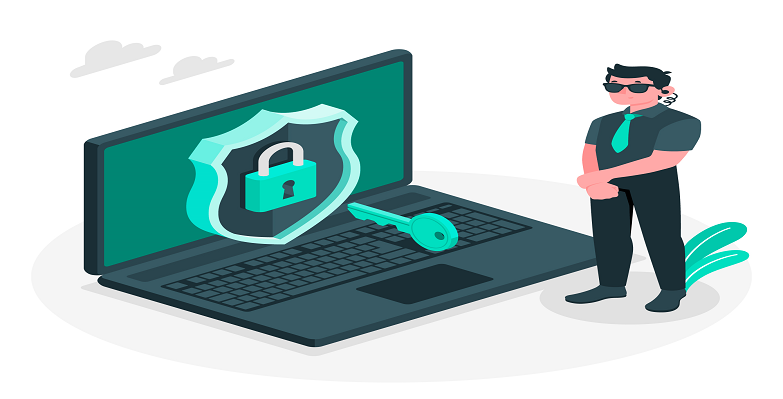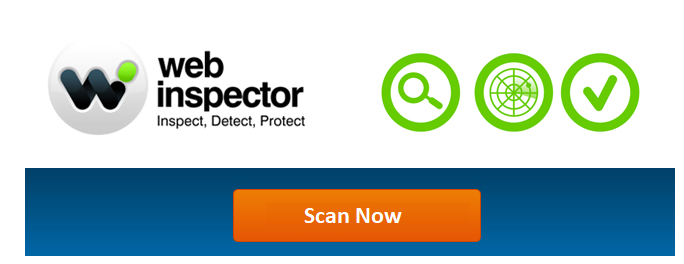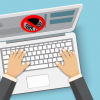High ranking search engine results, attractive website themes and the number of daily visitors;these are some of the most important elements for website owners. Most website owners do not give website security the seriousness it deserves unless there is an imminent threat.
Website malware prevention refers to initiatives that website owners take to ensure that the security of their sites is not compromised.
Guide to Website Malware Prevention
Website hackers create millions of malware samples annually and send them out to attack vulnerable websites. Websites that are not well secured are infected which could see them wiped out of the internet or used to steal their user’s information.
8 Ways to Prevent Website Malware
Here are some methods that website owners can use to protect their website from malware.
Website scanning
Like security officers carry out security sweeps around a property, regular website scanning goes a long way to ensure that your website has the Website Malware prevention.
To do this successfully, you will need to get an appropriate website malware scanner software. Website scanning software checks your website thoroughly and identifies instances of malware infecting your website and lets you know as soon as it does.
Advanced website scanning software go further and expunge any and all malware identified to be infecting your website.
Patch and Update
This is especially important if you are using any type of software or CMS for your website management.
Creators of the software update and patch the software regularly. As a user of the software, you should always be aware when an update occurs to ensure that you update your software to the current version.
Malware takes advantage of gaps in older versions of software that are not updated to infect websites. That is why it is important to update and patch all the website software you may be using.
Using HTTPS protocols
HTTPS ensures that the communication between your website and its users is encrypted.
HTTPS protocols protect your website from malware and from the loss of user data. Further, it is recommended by search engines. Websites that do not use HTTPS are labeled insecure by search engines to warn visitors to the website.
To activate HTTPS protocols on your website, you will have to install SSL certificates in your website.
Web Application Firewalls
Website application firewalls are an essential to protect your website against malware.
Web application firewalls monitor your website traffic and block any that seem malicious and that is requesting website information that is out of the ordinary. It can also identify the geographic locations from which the traffic is coming from and only lets genuine visitors and search into your website.
Use original passwords
Passwords are the security guards to the entrance of web platforms. Many people use the same password for numerous online platforms. This is dangerous for your website security.
Hackers use a technique known as brute force. It involves quick numerous attempts to enter a password that allows them entry to your site. It is important that your password meets the threshold for a strong password. This means that your password should have a mix of letters and numbers and should be hard to guess.
This goes a long way in malware prevention on your website.
Malware Removal
Website malware removal is another way to protect your website from malware.
Website malware removal is a technique that relies on scanning and removal software. When some types of malware infect a website, they start working in the background before they completely compromise the integrity of the website.
Malware scanning and removal software, identifies the threat and removes it thus making your website safe and free from malware threats.
Regular malware scanning for your website is therefore a requisite security measure.
Restrict file uploads to your website
There thousands of malware samples produced every day. Malware is available in different forms. It can be in the form of documents that can be uploaded onto your website. Hackers could target your website that allows uploads and infect it with malware from different forms of documents.
Find alternative ways, for example, e-mails which are more secure for your website users to send documents to you, if need be.
Backup your site
Another important aspect to your website security is regular backing up of your website.
Carry out regular backups for your website to ensure that in case of any attacks on your website, your data is safe and well protected. Also, ensure that your backups are easily accessed and retrieved.
Types of Malware and techniques to website malware prevention
Now that we have seen how website malware prevention works, here are some of the types of malware that website owners should be aware of:
Viruses
Viruses on your website are dangerous. They can easily infect the computers of your website visitors and add spam to your site which could compromise it and leave it blacklisted by search engines.
Ransomware
Website malware prevention and removal tools especially focus on ransomware. Ransomware is malicious software that encrypts your website and computer files for payment of a ransom.
Adware
This is malware that presents advertisements that your website visitors must click on before they can comfortably use your website.
Cryptocurrency miners
As Cryptocurrency has grown in value and popularity, hackers have developed malware that can use your site to mine it. This malware slows down your website and thus spoils the user experience for your visitors.
Conclusion
Website malware prevention is an essential service that all website owners should adopt and focus on. Where the website is already infected website malware removal software can be used. However, prevention should be the most important as malware infection could lead to disastrous results.
Related Resources :
WordPress Security
WordPress Malware Removal
Domain Blacklist Check
Website Backup
DDoS Attack








